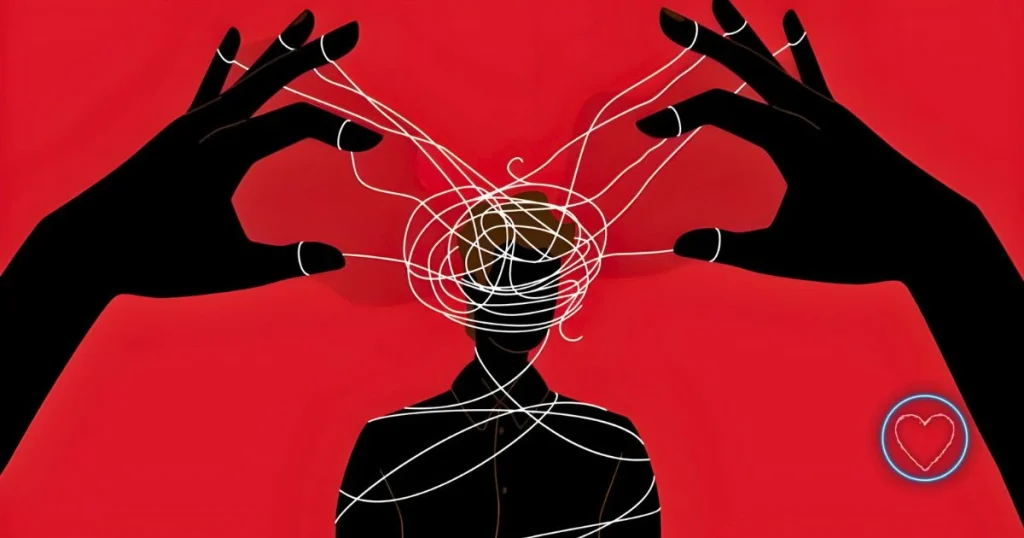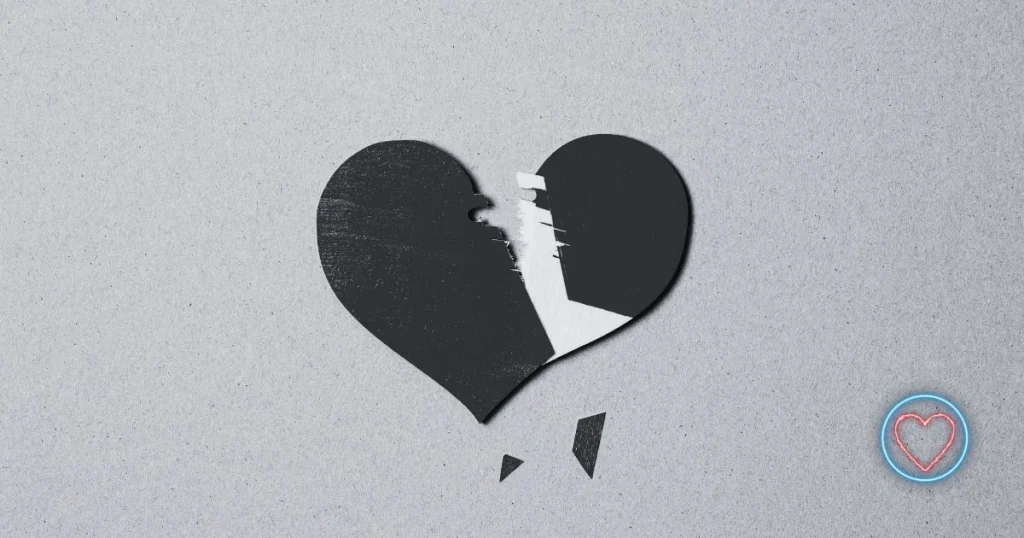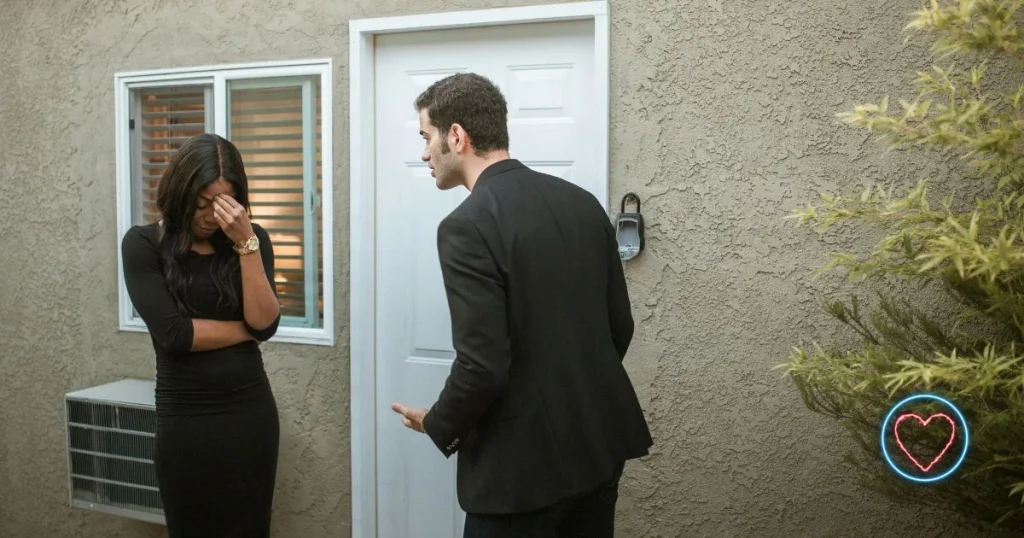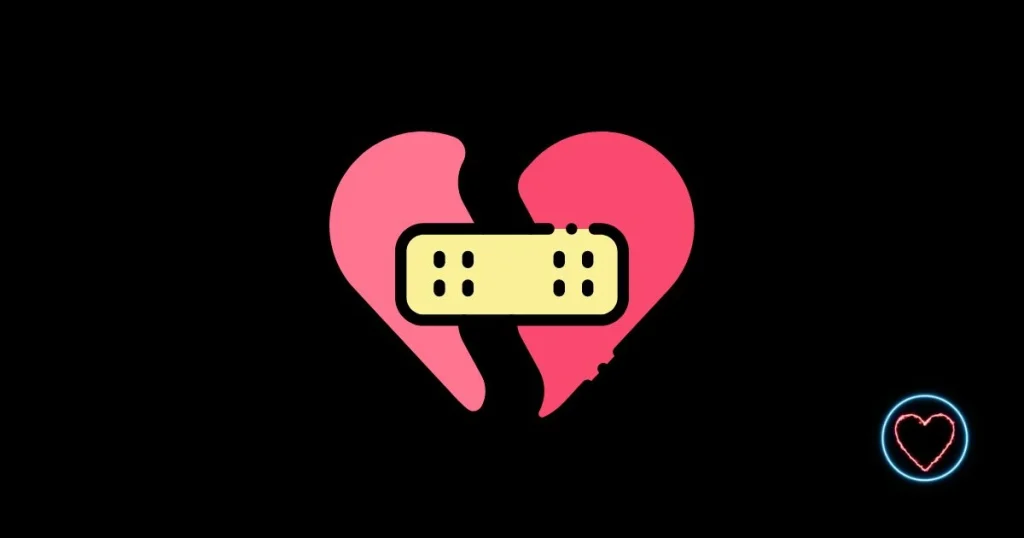In a healthy relationship, both individuals lift each other up. Wins are shared, growth is mutual, and vulnerability is protected. But sometimes, love turns into rivalry. The connection becomes a quiet battlefield where success threatens instead of inspires, and intimacy is replaced by subtle one-upmanship.
These relationships don’t explode with arguments or abuse. Instead, they slowly replace affection with ambition, support with sabotage, and emotional safety with silent judgment. Here are 12 signs the relationship is actually a competition—not a partnership—and why it’s more toxic than it looks.
1. Success Feels Like a Threat Instead of a Celebration
Every accomplishment is met with tension. A promotion, a new opportunity, or even praise from others sparks defensiveness. Instead of celebrating, the other person shifts the focus back to their own achievements—or diminishes the moment altogether. What should be a shared joy turns into a race to reclaim superiority.
The underlying message is clear: one person’s win equals the other’s loss.
2. Conversations Turn into Subtle Power Plays
Discussions don’t feel like mutual exchanges—they feel like debates. Sharing thoughts becomes an arena for intellectual sparring. Jokes carry passive-aggressive undertones. Compliments are laced with comparisons. Even innocent topics like books, movies, or opinions somehow turn into battles for dominance.
Instead of connection, conversations become disguised competitions.
3. Comparison Is Constant—And Rarely Kind
Comments often begin with phrases like “I would’ve done it differently,” or “That’s not how I do it.” These aren’t helpful suggestions—they’re ways of asserting superiority. Appearance, work ethic, income, family dynamics—everything becomes a point of silent comparison.
Love is supposed to inspire acceptance, not inferiority.
4. Vulnerability Is Met With Judgment, Not Comfort
Opening up doesn’t lead to empathy—it leads to subtle criticism. Sharing fears, mistakes, or doubts results in condescending advice or dismissive comments. Instead of “I understand,” there’s “Why would you do that?”
When one person views the other’s vulnerability as weakness, the relationship stops being safe.
5. Every Compliment Has an Expiration Date
Praise feels earned—temporarily. A compliment is given, only to be followed days later by a sarcastic remark, a comparison, or emotional distance. Approval becomes a currency that’s granted, then withdrawn. It’s a control mechanism disguised as affection.
This creates constant pressure to perform, not connect.
6. Support Disappears When It Matters Most
In moments of true need—job interviews, health scares, emotional crises—support becomes absent or transactional. The other person may show up, but with reluctance, conditions, or visible resentment. Instead of being a safe anchor, they become an unpredictable presence.
It’s difficult to lean on someone who treats care as a competition.
7. Public Image Matters More Than Private Connection
On social media, the relationship looks perfect. Romantic posts, filtered photos, and curated captions create the illusion of harmony. In private, though, tension simmers. There’s little emotional intimacy. Public perception becomes a performance, not a reflection of reality.
When appearances matter more than authenticity, something is off.
8. There’s Always a Score Being Kept
Every favor, every mistake, every act of kindness—everything is tracked. There’s no room for selfless gestures. Instead, there’s a mental scoreboard: “I did this, so you owe that.” This tally system transforms relationships into business contracts instead of emotional bonds.
Love shouldn’t require accounting.
9. Criticism Is Frequent—But Rarely Constructive
Feedback is constant, but it doesn’t help—it hurts. It’s delivered at the wrong time, in the wrong tone, often designed to make one person feel smaller. Whether it’s about career choices, body image, habits, or goals, the criticism aims to establish dominance, not mutual growth.
Safe spaces encourage improvement; competitive ones suppress it.
10. Silence Is Used as Punishment
Instead of resolving tension through conversation, distance is imposed. Days may pass without meaningful dialogue. The silence isn’t peaceful—it’s strategic. It’s a way of saying, “You lost this round.” It leaves the other person confused, anxious, and desperate to repair something they didn’t break.
Communication becomes conditional—only flowing when power is restored.
11. Jealousy Isn’t About Other People—It’s About Each Other
The jealousy doesn’t stem from external threats. It comes from each other’s success. If one starts working out, the other gets competitive. If one gains followers, the other makes snide remarks. Growth feels like a personal attack.
Instead of clapping for progress, there’s an internal fear of falling behind.
12. The Relationship Feels Like a Mirror, Not a Home
Rather than being seen and loved for who one is, everything becomes a reflection of the other person’s insecurities. Flaws are magnified. Victories are diminished. Joy is conditional.
A home nurtures rest, trust, and freedom. A mirror reflects, distorts, and judges. When love becomes more about image than substance, safety disappears.
The Dangerous Cost of Competitive Love
Silent competition in relationships rarely begins with malice. Often, it stems from insecurity, ego, or unresolved trauma. But the damage is real. Emotional exhaustion builds. Trust erodes. Affection withers under the pressure of always needing to be better, faster, smarter.
No one should have to choose between authenticity and approval. In a healthy relationship, two people shine without dimming each other. They grow without measuring who’s ahead. But when that balance shifts, love starts to suffocate.
Here’s what’s truly at stake:
- Mental health declines due to constant judgment
- Self-worth collapses under invisible pressure
- Emotional expression becomes dangerous rather than welcomed
- Future goals are silenced to avoid triggering resentment
These aren’t just relationship issues—they’re identity wounds. When love becomes a race, the finish line always moves. No one ever wins.
Rebuilding Safety in Relationships
If these signs resonate, change is possible—but only through honesty, effort, and sometimes, separation. Here’s how to start the shift:
1. Call Out the Pattern Without Blame
Begin with “I” statements: “I feel like we’re competing more than supporting.” Avoid accusations. Focus on the emotional impact, not the scoreboard.
2. Seek Therapy—Together or Separately
A trained professional can identify deeper causes: fear of failure, abandonment, or past betrayal. Addressing the root creates room for healing.
3. Rebuild Trust Through Collaboration
Instead of competing, create joint goals: health plans, savings targets, creative projects. Success becomes shared, not stolen.
4. Set New Emotional Rules
Affirmations like “we don’t compare,” “we celebrate each other’s wins,” or “criticism must come with kindness” create healthy boundaries.
5. Know When to Walk Away
If growth is blocked, vulnerability is punished, and resentment becomes the norm, staying can cause more damage than leaving. Choosing peace sometimes requires choosing oneself.
Love Was Never Meant to Be a Contest
Real love offers space to breathe. It allows mistakes, celebrates uniqueness, and cheers for success. It doesn’t fear growth—it fuels it. When a relationship turns into a battleground, it stops being a sanctuary.
No one should feel like they have to shrink in order to be loved. No one should feel threatened by a partner’s shine. The moment intimacy becomes rivalry, the foundation begins to crack.
There is no gold medal in love—only the quiet, steady strength of two people rising together.




















